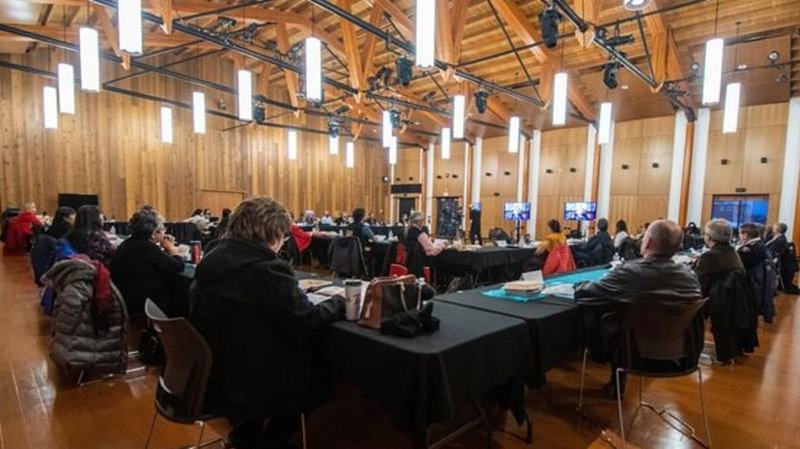
Yukon releases strategy in response to MMIW national inquiry report
Yukon has released what it says is the first comprehensive response to a national inquiry’s report into missing and murdered Indigenous women and girls.
The report contained 231 “calls to justice” when it was released in June 2019 after more than two years of hearings that started in the territory.
The national report requires every province and territory to respond to its findings.
Yukon’s strategy was released Thursday morning during a news conference in Whitehorse attended in-person or virtually. It began with the flames of a sacred fire ceremony glowing in the pre-dawn northern darkness.

